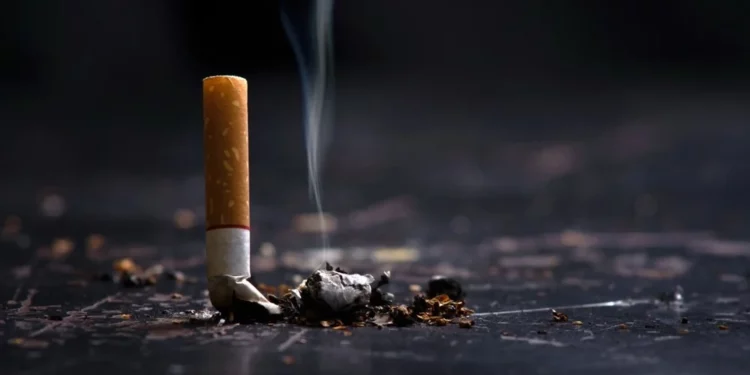By Joseph Magero, chairman of Campaign for Safer Alternatives (CASA)
The quadrupling of fees for tax excise stamps on some products spells more bad news for Kenyan consumers already struggling a soaring cost of living.
These increases, revealed on January 17 in an announcement by the Kenya Revenue Authority (KRA), will drive up the cost of producing alcohol, fruit juices, tobacco products and cosmetics.
The inevitable resultant rises in shop prices will mean more misery, or even worse, for hard-pressed Mwananchi.
For smokers trying to quit cigarettes and move to safer alternatives, it could even be a death sentence. Many cigarette smokers trying to quit the habit are now using non-combustible nicotine alternatives, such as vapes and nicotine pouches, because the health risks are reduced. Global evidence shows these products to be 95% less harmful than traditional combustible cigarettes.
In September 2022, following the largest review of its kind, researchers at King College London reported that using vapes rather than smoking leads to a substantial reduction in exposure to toxicants that promote cancer, lung disease and cardiovascular disease. “Helping people switch from smoking to vaping should be considered a priority,” the researchers concluded.
However, in Kenya, contrary to the fact that they contain no tobacco, vapes and pouches are regulated by the Government as ‘tobacco products’. Tobacco-free vapes and pouches are therefore subject to the high tobacco excise taxes designed to reduce consumption and they will also be affected by a stamp fee increase of 79%.
Excise taxes on vapes and nicotine pouches are already prohibitively high in Kenya, and some of the highest in the world. Enforced price increases that push these products further out of reach of many smokers will deny them their only lifeline.
If Government is serious about reducing smoking rates, they should consider a tiered excise system that reflects each product’s relative risk. Under this model, high-risk products such as combustible tobacco would incur the higher tax rates, while less risky, tobacco-free nicotine products are taxed at a lower rate to encourage smokers to switch to these safer alternatives.
A perfect illustration of the potential of this system is Sweden. For decades, this Scandinavian country has been a pioneer in making alternative, reduced-risk nicotine products as widely available, affordable and accessible as possible. Now it has the lowest smoking and tobacco-related disease rates in Europe and is about to become the first nation that once smoked heavily to officially become ‘smoke-free’, with less than 5% of its population smoking tobacco.
If we want Kenya to emulate this success story, Government should be reducing excise rates on alternative nicotine products, instead of increasing them. That would help to decrease the health burden caused by smoking and thereby pay for itself. Instead, smokers are being denied the opportunity or incentive to switch to safer options; they are forced to stick with traditional cigarettes, meaning tobacco’s immense burden on our public health increases.
The Campaign for Safer Alternatives has written to the Commissioner-General at the KRA urging him not to implement the stamp fee increase. Whichever way you look at it, high taxes on alternative nicotine products, which assist smokers trying to quit their deadly habit, is a hindrance rather than a help in efforts to reduce tobacco consumption in our country.

Related:
Treasury Unveils Plans to Increase Excise Stamp Fees
BAT Uganda Calls for Government Action Against Illicit Cigarettes




